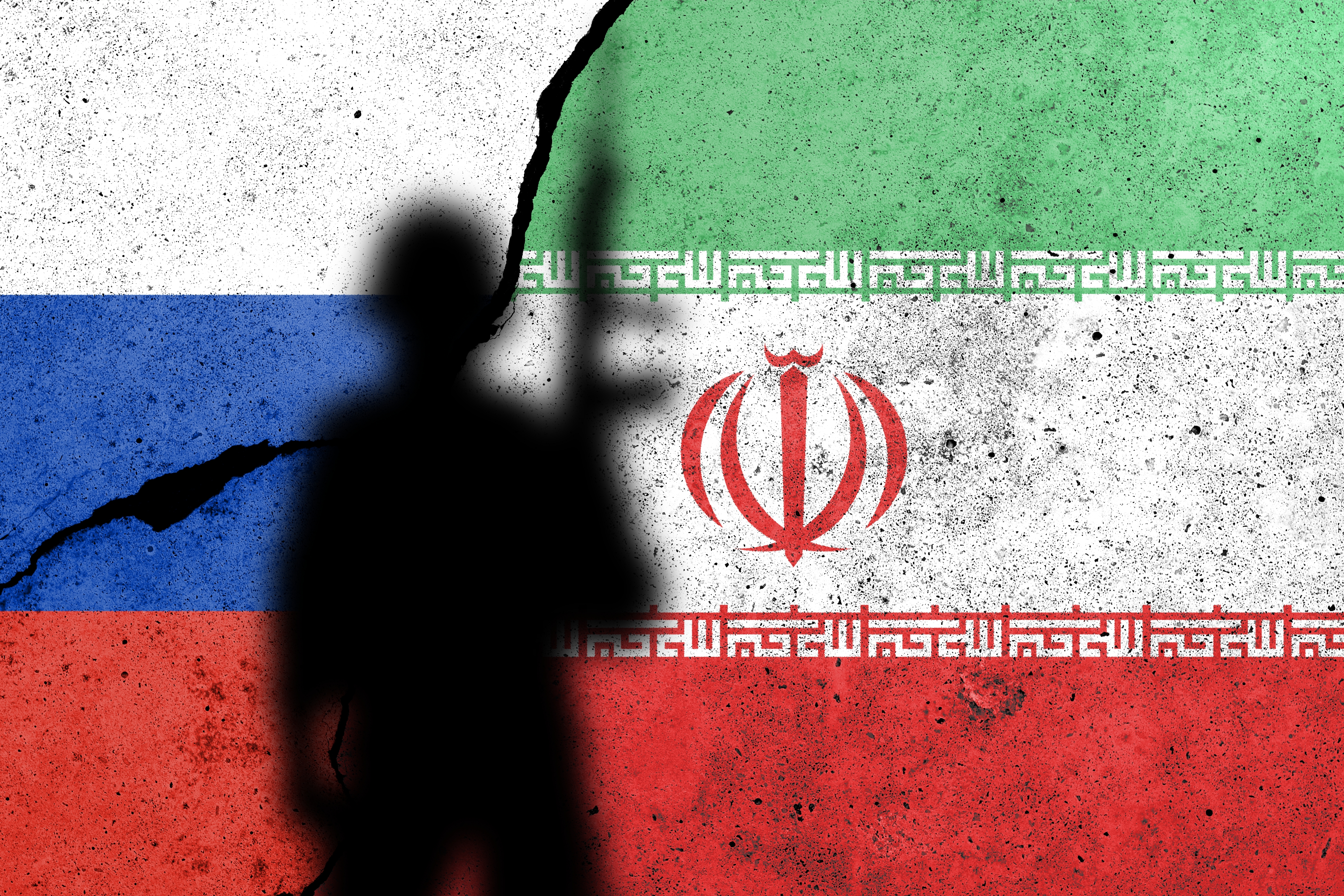Troubling link: How Israeli tools are fueling Iran's military
Israeli tools allegedly strengthen Russia's defense industry notwithstanding sanctions, raising Concerns over Iran's military support.

A troubling investigation has revealed a potential breach in international sanctions, with Israeli-made precision tools allegedly reaching Russia’s defense industry, tools that may be indirectly aiding Iran’s military capabilities.
According to a report by The Insider, a Russian independent news outlet operating outside the country, Israeli companies supplied Russia with over $10 million worth of metalworking tools in 2024 alone, despite global sanctions and Israel’s stated neutrality in the ongoing geopolitical tensions.
The report, published today (Tuesday), details how these tools, including drills, milling cutters, and precision instruments crafted from metal ceramics and ultra-hard alloys, are being used by Russian defense firms to manufacture missiles, aircraft, and radar systems. Customs data and corporate records cited by The Insider indicate that much of this equipment is funneled through intermediaries in China and Uzbekistan, bypassing oversight mechanisms. The investigation raises serious questions about the enforcement of sanctions and the unintended consequences of global supply chains.
At the center of the controversy is Iscar, a leading Israeli manufacturer under the U.S.-based International Metalworking Companies (IMC) group. Iscar’s tools, tailored for advanced CNC machines, are reportedly critical for high-precision manufacturing. The investigation claims that Russia imported Iscar products worth over $4 million in 2024, despite most of Iscar’s Russian subsidiaries being listed as inactive or reporting no revenue. These tools have historically been purchased by Russian defense firms like NPO Bazalt, Beriev Aircraft Company, and the Sokol aviation plant.
Other Israeli companies are implicated as well. Vargus, operating under Germany’s NEUMO Ehrenberg Group, allegedly sent $3 million worth of tools to Russia in 2024. These were used by key defense contractors, including PJSC UEC-Kuznetsov, Proton-PM, and Sukhoi, which assembles Su-35 fighter jets exported to Iran.
The “Factory for the 70th Anniversary of Victory,” responsible for assembling S-400 and S-500 air defense systems, also reportedly acquired Vargus tools. Meanwhile, Carmex Precision Tools supplied nearly $2 million in cutting tools, with past clients including OKB Fakel and the Energia space and missile corporation. EROJET, another Israeli firm, exported tools worth nearly half a million dollars, primarily through a Russian company tied to helicopter manufacturing.
Company representatives have pushed back, citing the complexity of global distribution networks. “Our tools are sold worldwide through thousands of distributors,” said Baruch Box, Vice President of Sales and Marketing at Vargus. “We don’t always know where they end up.” Sagiv Shapir, CEO of EROJET, added that their tools “can be used for various purposes, not necessarily military,” and that the company does not track end users.
The investigation highlights a broader issue: the role of intermediaries in evading sanctions. Only about half of the Israeli tools reached Russia directly; the rest were routed through China and Uzbekistan, with the Uzbek company Techproject notably involved in transferring Iscar products to the Russian importer Resursprofi. The Insider argues that these intermediaries are key to circumventing oversight, allowing Russian defense manufacturers to access high-quality Western technology despite restrictions.
This isn’t the first report of its kind. A prior investigation noted that Russia has continued to acquire critical bearings for tanks, drones, and other military equipment in 2024, often through re-export channels involving countries like China, Malaysia, and Uzbekistan. Some of these components, sourced from European and Japanese manufacturers like SKF, NSK, and ZKL, were found in Russian military vehicles and Shahed drones, which have been linked to Iran.
The findings demonstrate persistent gaps in sanctions enforcement, enabling restricted industries to exploit third-party countries for access to vital technologies. While the Israeli companies named in the report, Iscar, Vargus, Carmex, and EROJET, have not officially responded, the allegations cast a shadow over Israel’s neutrality and the global effort to curb Russia’s military support for Iran.
The Insider’s claims, based on a single investigation, have yet to be independently verified, leaving room for further scrutiny into this complex and potentially explosive issue.
Maariv contributed to this article.